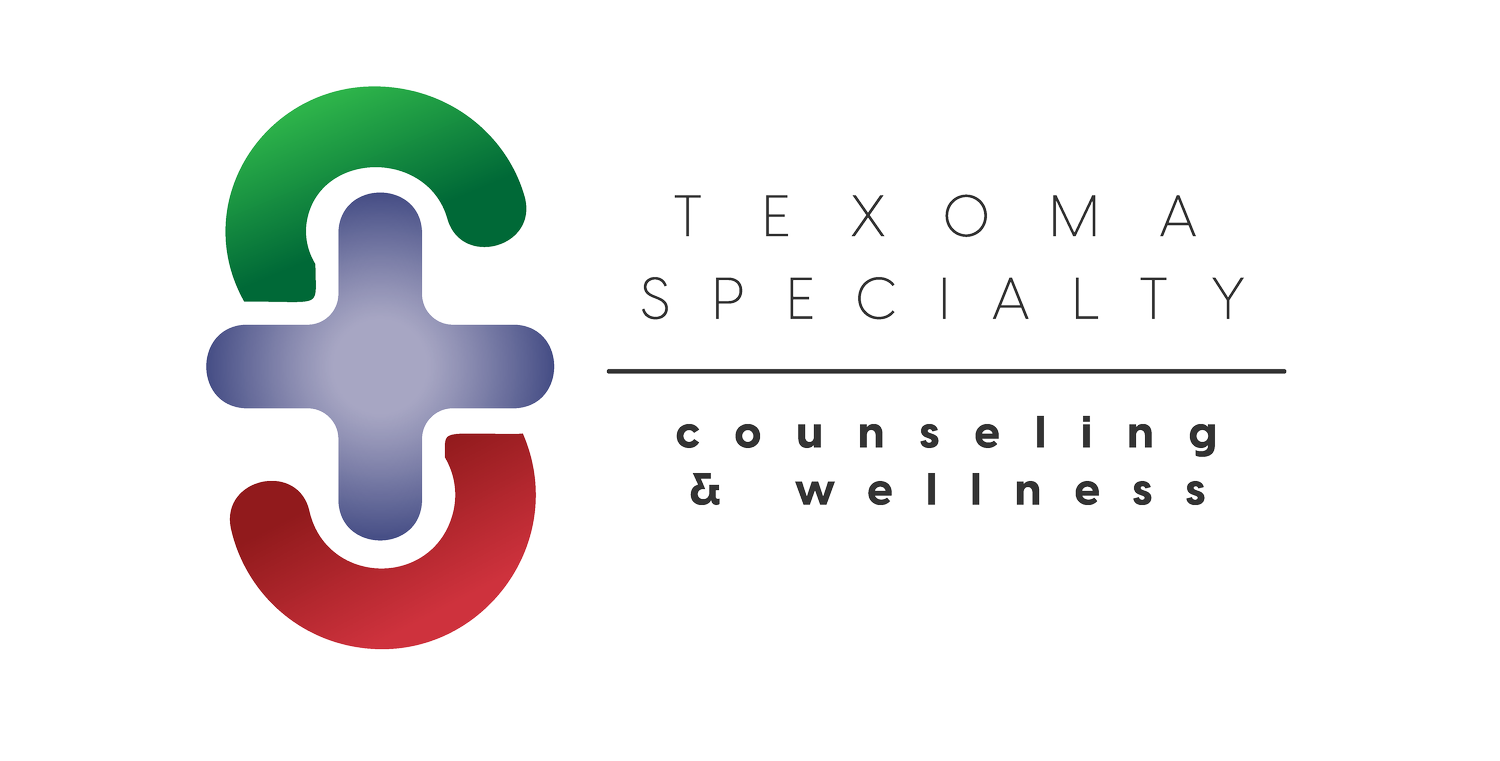How To Feel More Supported In Your Eating Disorder Recovery
Support is necessary to recover from an eating disorder. This seems pretty self-explanatory, yet when I talk to clients and other recovery warriors, support seems to be one major barrier. The purpose of this blog is two-fold. On one hand I hope to help those in recovery discover why aligning support is such a challenge and then offer some tips around how to improve support. On the other hand I hope to speak to those that are trying to support a person struggling with an eating disorder.
As an eating disorder therapist and recovery coach I hear often about people struggling to feel their support truly understands eating disorders. Many feel they lack support, or feel their support is not very helpful. However improving your support is one of the best things you can do for your recovery. When struggling, when feeling anxious and guilty, or if you are feeling anxious and depressed if you lean on your support you are going to grow stronger in your recovery.
You may not feel very supported in your recovery for a few reasons.
Eating disorders are seriously misunderstood. The people you want to support you may not understand all the complex dynamics that are associated with eating disorders. Many have a misunderstanding that eating disorders look a certain way.
If you are struggling with an eating disorder help educate your support. Point your support to blogs, like these. There are other great resources like the National Eating Disorder Association or Project Heal. Ask your support to read more on eating disorders so they understand that eating disorders are more than just anorexia nervosa and bulimia. The more education and understanding your support has the more they will be able to respond to you when you reach out to them.
If you support someone struggling with an eating disorder consider reading and gathering information on eating disorders. Eating disorders come in many different shapes, sizes, ages, races, and physical ability. If someone comes to you and tells you they have an eating disorder, know they are sharing something very personal, and what they feel is shameful, with you. This is an honor and even you don’t know much about eating disorders you can still support someone by listening and asking “how can I best help you”?
Comments meant to be supportive come off as triggering and lead to further upset.
Keep in mind that your support loves you and really does want to help you. It is most likely your support does not know what to say or how to offer you support.
Help train your support on how to speak to you and how to offer you support. Consider talking to your support about things that upset you and things they say that may trigger you.
If you are wanting to support someone with an eating disorder, believe them when they say they have an eating disorder and believe them when they say they were triggered. You may not understand, you may not relate, but know they are struggling and listening and validating their thoughts and feelings can be very powerful.
It is super scary to ask for help. You feel vulnerable, misunderstood, and that you do not deserve help.
You deserve help and you can recover from an eating disorder. Even though your eating disorder looks different than stereotypical eating disorders, if you are anxious, tired, frustrated, and constantly obsessing about food and your body, you do not have to continue to live this way.
If you are supporting someone in recovery know it feels hard to ask for support. This could be because a person feels unworthy of your help, or because the individual is engaging in eating disorder behaviors and not wanting anyone to know. If you are worried or concerned let the individual know. Don’t settle for accepting “fine” or “good” as the answer. If you have a “feeling” that something is not right, pay attention to that. Be ready to really engage the person and explore how they are feeling. Let them know why you are concerned. When expressing your concern do so with compassion and come from a place of curiosity and understanding. This will help the individual feel more comfortable sharing with you.
You may not think you have anyone to turn to for support.
Your eating disorder is really good at isolating you and convincing you that no one cares. Remember your eating disorder is a liar. Perhaps you have unsupportive family and friends, the first place you can start is reaching out to an eating disorder therapist. Ask your therapist to help you find and improve your support. You are not alone. Many of the people I work with have limited eating disorder resources available to them.There are online support groups through ProjectHeal and Facebook.
If you are someone’s support you can also feel really isolated, confused, and lost. You are also not alone. Work with your loved ones treatment team, ask questions, attend sessions, and ask the treatment team to help you understand how you can best help your loved one.
It takes a village to help you recover and it is not something you have to do alone. Start with talking to your most trusted loved ones and all you have to say is, “I need help, I am struggling with an eating disorder”. To the support person reading this, know you don’t have to know what to say and you don’t have to worry about knowing what to do. When someone comes to you, listen, validate, and start by getting the person some help from qualified professionals. If the person has this help ask to speak to the professionals and ask how you can best support your loved one.
If you, or someone you love is struggling with an eating disorder, contact us and see how we can help. At Texoma Specialty Counseling we specialize in treating eating disorders and we are excited to help people feel “good enough”.

